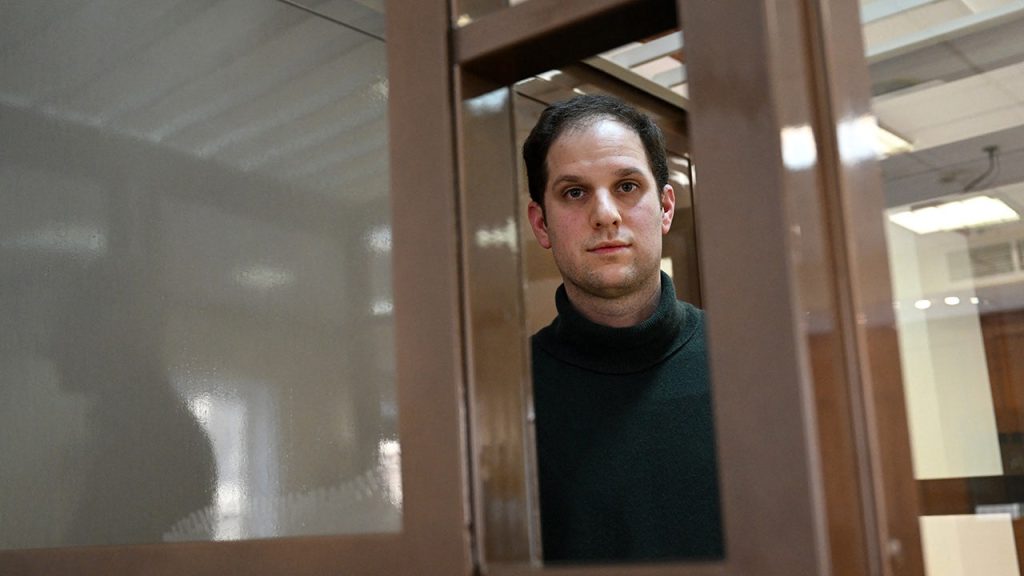The Russian court has extended the detention of American Wall Street Journal reporter Evan Gershkovich on what the U.S. government has called bogus espionage charges. Gershkovich has been in custody since March 29, 2023, after being arrested in Yekaterinburg while on a reporting trip. Despite denial of the allegations by him and his employer, the detention has been extended until at least June 30, with Gershkovich being held at Moscow’s notorious Lefortovo prison. U.S. ambassador to Russia Lynne Tracy has denounced the accusations as untrue and urged the Russian government to release Gershkovich, emphasizing that his imprisonment is not about evidence or due process, but rather a political move.
Tracy’s statement highlights the deep concern over Gershkovich’s continued detention and calls for his and U.S. Marine veteran Paul Whelan’s immediate release. Whelan, who has been detained for over five years and was recently assaulted in a Russian penal colony, expressed feeling abandoned by his country and questioned why he has not been part of any potential prisoner swaps between the U.S. and Russia. The situation underscores the fraught U.S.-Russian relations, with analysts suggesting that Moscow could be using jailed Americans as leverage in the context of the ongoing conflict in Ukraine and broader geopolitical tensions.
The case of Evan Gershkovich is particularly significant as he is the first American reporter to be arrested on espionage charges in Russia since 1986. His detention marks a concerning development in press freedom and journalism, with the U.S. government and media organizations raising alarm over the treatment of Gershkovich and the implications for his work and safety as a journalist. The White House has emphasized its commitment to bringing Gershkovich home, insisting that efforts to secure his release will not waver amidst the diplomatic challenges posed by his situation.
The plight of Evan Gershkovich and Paul Whelan, along with the broader issue of Americans detained in Russia, including basketball player Brittney Griner, underscores the complexity of international relations and the human cost involved. The uncertainty surrounding the fate of these individuals, who are caught up in a web of political maneuvering and diplomatic negotiations, serves as a stark reminder of the challenges faced by citizens and governments in navigating the fallout of conflicts and disputes on a global scale. The calls for justice, fairness, and respect for human rights in cases like Gershkovich’s resonate as a plea for compassion and accountability in the face of adversity and injustice.
As the legal proceedings continue and the diplomatic efforts to secure Gershkovich’s release persist, the international community watches closely to see how the situation unfolds. The ongoing detention of Gershkovich and others in similar circumstances serves as a test of the commitment to upholding principles of justice, freedom, and human rights in the face of political pressures and power struggles. The appeals for Evan Gershkovich’s release reflect a broader narrative of solidarity and advocacy for those caught in the crossfire of international disputes, highlighting the need for empathy, understanding, and concerted action to address complex challenges and ensure that individuals like Gershkovich are treated fairly and with dignity.


